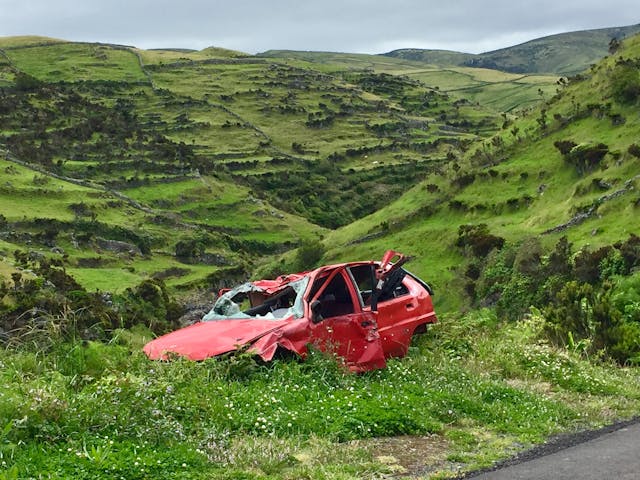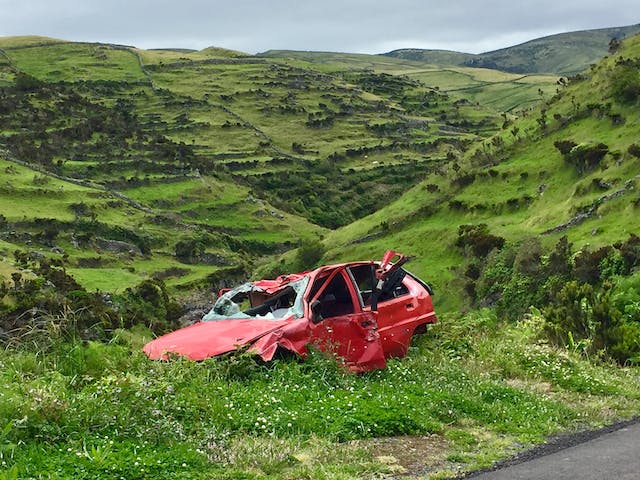Being involved in an auto accident in Fort Lauderdale can be a disorienting and traumatic experience, especially in Florida, where the frequency of traffic incidents continues to be alarmingly high. While there are helpful details on the websites of skilled Fort Lauderdale car accident lawyers schillingsilvers.com which can guide you, and legal teams whose expertise is invaluable in helping you understand your rights, the potential for compensation, and the necessary steps to ensure a robust claim, it is important to understand what to do when a crash happens.
With nearly 400,000 motor vehicle accidents reported annually, understanding the essential steps to take immediately following an accident in Fort Lauderdale is crucial for ensuring your safety, securing necessary evidence, and protecting your legal rights. From assessing injuries and calling emergency services to documenting the scene and exchanging information with other drivers, each action plays a vital role in the aftermath of an accident.
For those in places like Fort Lauderdale, Florida, it is equally important to seek professional legal guidance promptly. With that being said, let’s outline the essential steps to take immediately after a car accident.
After A Car Crash in Fort Lauderdale You Will Want to Check for Injuries
The first step after a car accident in Fort Lauderdale is to check yourself and others involved for injuries. If there are serious injuries, call emergency services right away. Even if everyone appears to be unharmed, it is still recommended for all parties involved to seek medical attention as soon as possible since some injuries might not manifest right away.
After That, Then Consider Moving to Safety
If it is safe to do so, move your vehicle out of traffic to prevent further accidents or obstructions. Turn on your hazard lights and set up warning triangles or flares if available, ensuring that other drivers are aware of the accident scene.
Call the Fort Lauderdale Police
Contacting the Fort Lauderdale police is crucial even in minor accidents because an official report will serve as valuable evidence when filing insurance claims or pursuing legal action later on. Provide the officer with truthful and accurate information about the incident without admitting fault or placing blame on others.
Document the Accident Scene
Gather important information about the accident scene by taking photographs or videos using your mobile phone if possible. Capture multiple angles, damage sustained by each vehicle involved, road conditions, signage, skid marks (if any), and any contributing factors such as obscured intersections or faulty traffic lights.
Exchange Information
Exchange contact and insurance information with all parties involved in the accident. This includes names, phone numbers, addresses, driver’s license numbers, license plate numbers of vehicles involved, insurance company details (name and policy number), witness statements if applicable, and any notes regarding conversations had with other individuals at the scene.
Gather Witness Statements
If there were witnesses present at the accident scene, collect their contact information and request their statements regarding what they observed. Witnesses can provide unbiased accounts of the accident, which may significantly impact the outcome of any legal proceedings or insurance claims.
Notify Your Insurance Company
Report your car accident to your insurance company as soon as possible after leaving the accident scene. Provide accurate details about the incident while maintaining objectivity and avoiding embellishment or speculation.
Seek Legal Advice
Depending on the severity of the accident and potential liability involved, it is advisable to seek legal advice from a qualified attorney who specializes in personal injury cases. They can guide you through the process and let you know your rights and possible courses of action.
Preserve Evidence
Preserve any physical evidence related to the accident, such as damaged vehicle parts or personal belongings, if applicable. These items may be crucial in proving liability or determining compensation amounts during insurance negotiations or litigation.
Review Your Insurance Policy
Analyze your insurance policy closely to understand your coverage limits and rights in case of an accident. Being aware of deductibles, comprehensive or collision coverage options, and other relevant details will allow for informed decision-making throughout the claims process.
Keep Detailed Records
Maintain a file with copies of all documents related to the car accident, including medical records, police reports, repair estimates, towing receipts, rental car agreements (if applicable), and any communication exchanged with insurance companies or legal representatives involved in handling your case.
Conclusion
Experiencing a car accident can be overwhelming, but knowing what steps to take immediately after can help protect your well-being and interests. By staying calm, gathering necessary information diligently, reporting accurately, seeking help when needed, retaining evidence appropriately, being organized, and staying informed through beneficial resources will ascertain a smoother recovery from this ordeal and a better position for potential resolutions if necessary.



